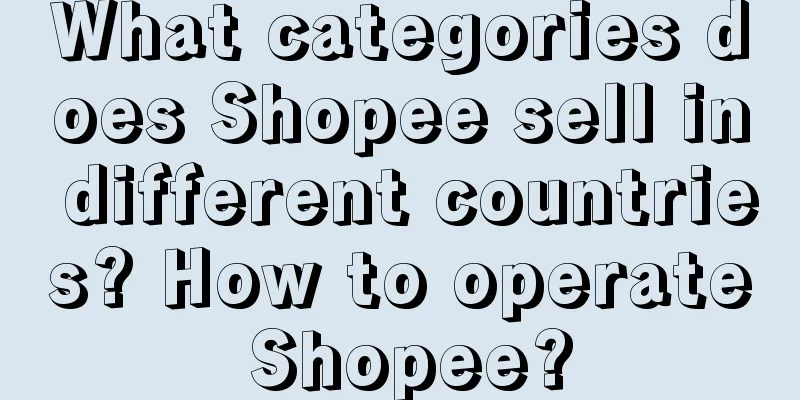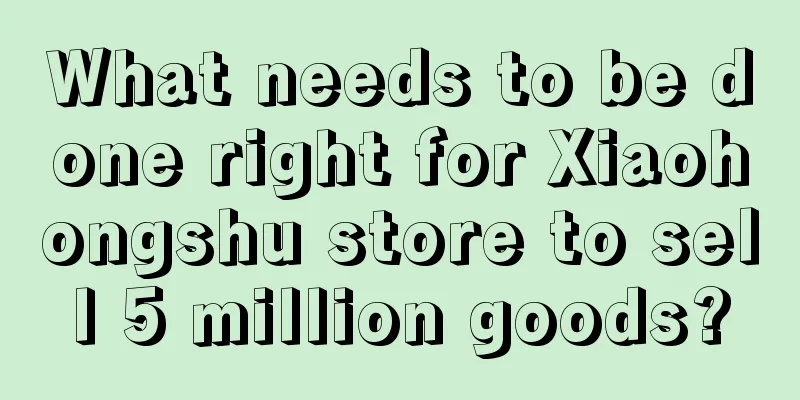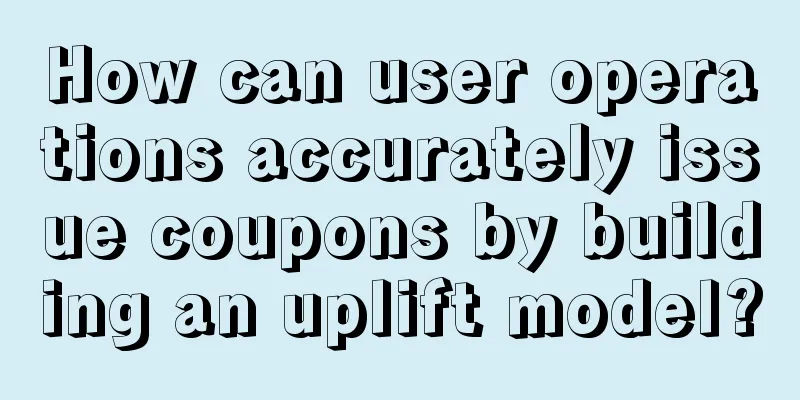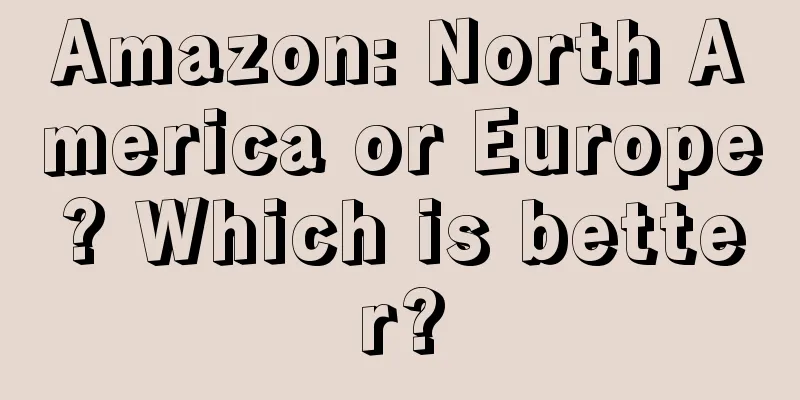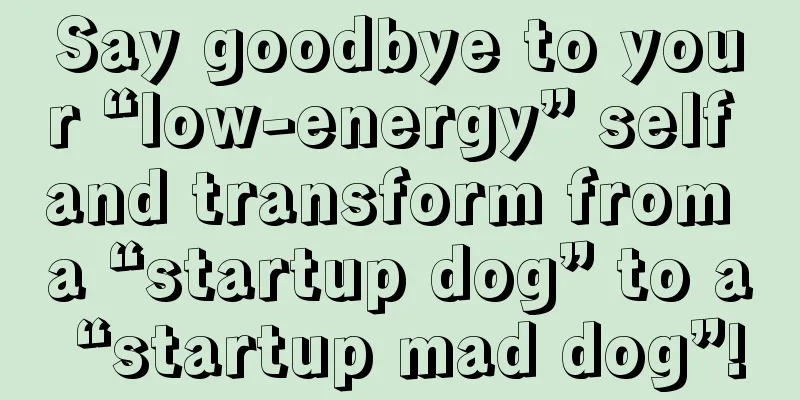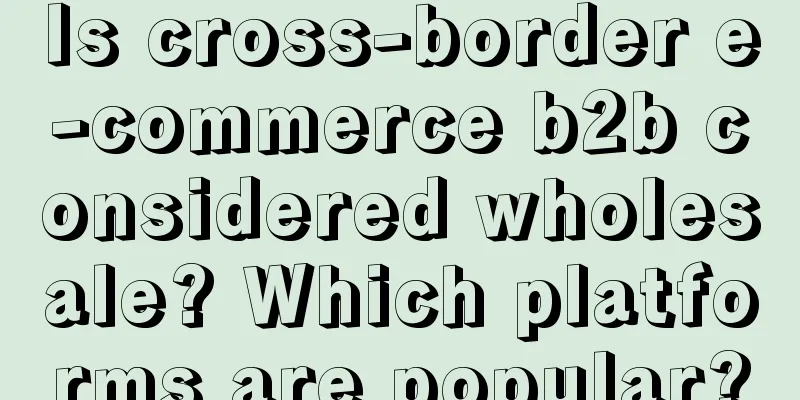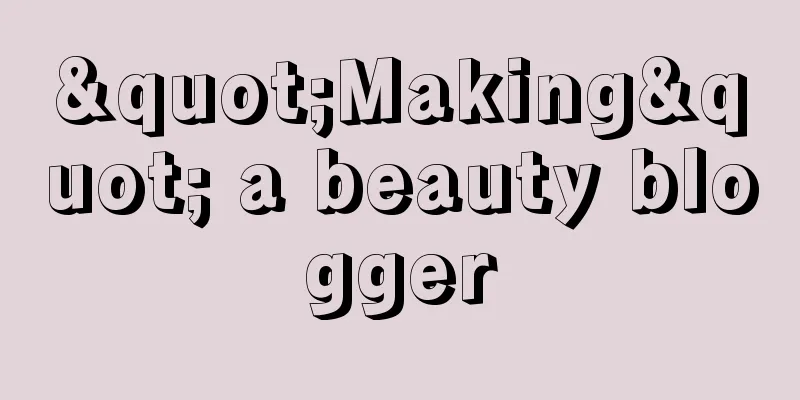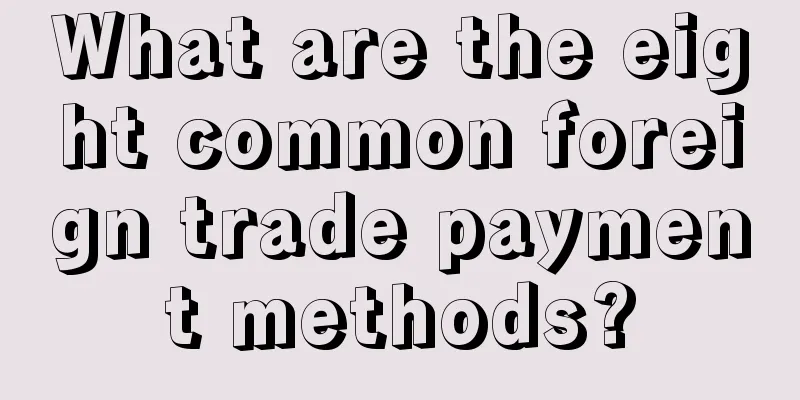Please note that this is the first Olympics where advertising is sold programmatically.
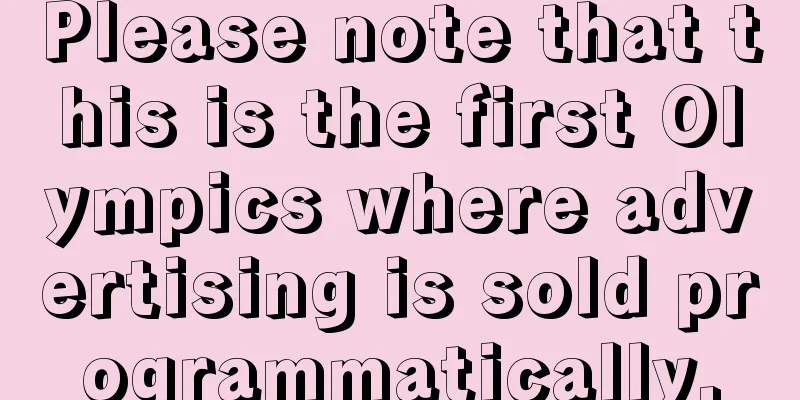
The Paris Olympics has come to an end. When many people are talking about Zheng Qinwen's commercial value and which brand has bet on the Olympic champion, they ignore a piece of news: This is the first Olympics where advertising is sold programmatically: NBC Universal sold advertising inventory during the Paris Olympics programmatically through its streaming platform Peacock. In addition to the inventory for the opening and closing ceremonies, advertisers can obtain advertising inventory during the Olympics through The Trade Desk and FreeWheel's private marketplace. According to data released by NBC Universal: Advertising revenue of the Paris Olympics and Paralympics reached a record high, with digital advertising revenue twice that of the Tokyo Olympics. 70% of advertisers were new customers, most of which were brought in with the help of programmatic advertising. Regarding the first Olympics of programmatic advertising, I would like to talk about it from three perspectives:
1. Big brands’ attitudes towards the Olympics begin to divergeCurrently, NBC Universal is selling core resources for the Olympics through upfront pitches, packaging core advertising resources into resource packages for sale. This is a typical contract advertising model, settled through CPT or CPM, which has several advantages:
So some commentators say that the Olympics is a game for big brands. There is some truth in this statement. Since the first modern Olympic Games in 1896, large brand advertisers have been the main sponsors of the Olympic Games. In particular, in 1985, the International Olympic Committee launched the Olympic Partner Program (TOP for short), which further established the absolute position of big brands in Olympic marketing. According to statistics, between 2017 and 2021, a total of 13 to 15 TOP brand sponsors paid a total of US$2.28 billion to the International Olympic Committee, accounting for 30% of the organization's budget. However, starting from the Tokyo Olympics, some major brand customers began to waver in their attitudes towards the Olympics. This year, Toyota announced that it would no longer sponsor the Olympics after the Paris Olympics, ending its eight-year partnership. You know, in 2017, Toyota provided a sponsorship of up to $835 million, the largest sponsor in the history of the International Olympic Committee. Then between 2018 and 2022, three Olympic Games will be held in Asia: the 2018 Pyeongchang Winter Olympics, the 2020 Tokyo Olympics and the 2022 Beijing Winter Olympics. Originally, for Toyota, these three Olympic Games would help Toyota establish its brand leadership image in Asia and the world. However, things did not go as planned. Since 2016, a series of corruption scandals have emerged in the Tokyo Olympics. Under public pressure, Toyota withdrew its Olympic advertising in Japan, and the company's CEO Akio Toyoda also decided not to attend the opening ceremony of the Tokyo Olympics. The Tokyo Olympics is not an isolated case. In June last year, French police raided the headquarters of the Paris Olympic Organizing Committee due to suspected corruption and other related issues. The reputational risk to the Olympic brand is growing. Late last year, Sapporo, Japan, abandoned its bid to host the 2023 Winter Olympics. During this year's Paris Olympics, American technology company C Spire announced that it would withdraw all advertising during the Olympics due to dissatisfaction with the content of the opening ceremony. According to the US magazine Sports Business, four of the 15 top sponsors - Atos, Bridgestone, Intel and Panasonic - are also considering whether to renew their contracts. 2. Programmaticization opens a back door to the Olympics for small and medium-sized brandsSo in my opinion, NBC Universal's opening up of programmatic advertising is actually a helpless move. Big brands have begun to cut their Olympic advertising budgets. Although they have not announced this year's advertising revenue figures, according to official data, new customers brought in $500 million in revenue (most of which came from programmatic advertising), which means that without the intervention of programmatic advertising and the entry of small and medium-sized brands, the advertising revenue brought by big brands may not exceed that of the Tokyo Olympics. As far as the Olympics are concerned, programmatic ad buying is the general trend. Users are increasingly fond of watching sports events on streaming platforms. According to research data from The Trade Desk, young people are particularly keen on emerging streaming platforms, with Generation Z and millennials 30% and 42% more likely to watch events through streaming than the average level, respectively. Programmatic ad buying currently accounts for three-quarters of all CTV networked TV advertising transactions (data from the Interactive Advertising Bureau IAB in the United States). In addition, an obvious benefit of programmatic advertising is that it lowers the entry barrier for small and medium-sized brands, allowing the Olympic advertising inventory to be consumed more efficiently. Advertisers can purchase Olympic advertising inventory from the PMP (private market place) private trading market provided by The Trade Desk and FreeWheel. The full Olympics package includes live events and replays on Peacock and the NBC Sports app for a minimum CPM of $60. The Olympics Highlights package includes news coverage and replays for a minimum CPM of $40. Of course, the above is just the base price. For many brands, they are willing to pay high CPM fees in exchange for exposure during the Olympics. Therefore, the price will rise accordingly. During NBC Universal's trial of programmatic advertising in June, the CPM in the PMP market rose by double digits. Although the CPMs for bidding on Olympic inventory are high, advertisers can decide how much to spend on ad space during the Olympics, so the total cost of a programmatic campaign may still be much lower than what brands would have to pay to acquire ad inventory directly. Data shows that about 55% of programmatic advertisers have a total expenditure of less than 5 million US dollars. This number is not large compared to the investment of big brands. It can be seen that small and medium-sized advertisers have effectively controlled their advertising budgets. 3. Will proceduralization eliminate the value of the Olympics?Brands that access the Olympics through programmatic buying actually have their own problems to solve:
First, to address potential issues with advertising quality, NBC Universal offers limited advertising inventory, which is basically the mid- and long-tail traffic during the Olympics, which does not conflict with the traffic of big brands. There is a prerequisite here: NBC Universal’s Olympic projects must have sufficient traffic guarantees, otherwise if major brands’ placements face a shortage of traffic, programmatic advertising inventory may dry up. Fortunately, the ratings of the Paris Olympics were good. According to data released by NBC Universal on the 13th, the total viewership of the Paris Olympics reached 30.6 million viewers, 82% higher than the average viewership of 16.9 million viewers at the Tokyo Olympics. On average, 4.1 million viewers visited Peacock or the NBC Sports app every day, and the number of viewers during the live broadcast reached 5 million. In addition, NBCUniversal has also adopted an AI screening system called Hive, which can detect any visual or script elements that conflict with existing sponsor ads and mark them for manual review. Regarding the second question, can small and medium-sized brands take advantage of the Olympic traffic on NBC Universal? Big brands can book specific events and choose fixed advertising spots before the Olympics, but for small and medium-sized brands, purchasing ads programmatically does not allow them to control where their ads are placed. That is to say, programmatic advertisers during the Olympics cannot place ads for specific sports or events. The difference between the programmatic trading model and the contract model is that advertisers purchase audiences in programmatic trading, while advertisers purchase certain ad spaces in contract trading. Therefore, there is a great deal of uncertainty in the placement of programmatic advertisers' marketing materials. They may appear in fencing competitions one moment and breakdancing competitions the next. Of course, in the PMP trading market, it is reasonable to reserve advertising space, which eliminates uncertainty to a large extent. However, the media cannot guarantee the volume because it has to give priority to releasing traffic to large customers. As a result, for brands that use programmatic buying, advertising may not be consumed and achieve the desired effect. Even in the Olympic advertising inventory, most small and medium-sized brands are launching creatives that are not related to the Olympics. On the one hand, they do not cooperate with specific sports resources, and on the other hand, it costs money to produce related materials, making it difficult to accumulate brand assets. However, for many small and medium-sized enterprises, the primary goal of advertising is direct conversion effects rather than long-term brand assets, so many small and medium-sized advertisers are also happy to place advertisements on NBC Universal. In short, programmatic sales of Olympic events have a great impact. Even top events like the Olympics are open to programmatic advertising, so in the future, sports events such as the NBA and NFL will probably follow suit. That’s right, advertising sales for live sports events have entered the programmatic era. |
>>: With its assortment strategy, Luckin Coffee’s competitor is not just Starbucks
Recommend
How did I save 30 million in advertising fees by creating a "hot topic" in 3 steps?
Brands have made chasing hot topics the mainstream...
New players, new changes, what will local life be about in 2024?
The local life industry has recently derived new w...
Why has “the most obedient man on the entire internet” become so popular on Xiaohongshu?
@小艾同学 posted her own photos on Xiaohongshu and ask...
Is it necessary to bind a P card to Lazada? Are there any other options?
Lazada's payments are often completed through ...
The entrepreneur's IP has not yet been created, but the successor's IP has already become popular
I don’t know if you have seen Towel Boy’s short dr...
“Pay first, eat later”, can the paid membership system really save Xiabu Xiabu?
Xiapu Xiabu is a chain hotpot brand that uses a me...
"KOS" is becoming the best choice for Xiaohongshu ecosystem
The sales staff are subdivided or upgraded to beco...
Is it no longer possible to open a through train for Taobao spot goods? How can a new store open a through train?
On the Taobao platform, everyone spends money on p...
Is Amazon Global Selling Reliable? What Are the Pros and Cons?
Whether you can make money by opening a store on A...
Can Chinese restaurants learn from Saizeriya’s low prices?
Saizeriya has become popular in China with its low...
How do I log out of Facebook? How long does it take to log out of FanBook?
In the increasingly developed Internet era, social...
Kimi's way of making money is so abstract...
Have you used Kimi recently? Have you noticed the ...
10,000 words to explain the private domain KOC system and change the whole domain operation idea
The author wants to use this article on the KOC op...
Why did Shopee not receive any orders for a month? What are the reasons?
Every merchant who opens a store online hopes that...
My copywriting lost to the folk master again
Have you ever paid attention to the copywriting ar...
